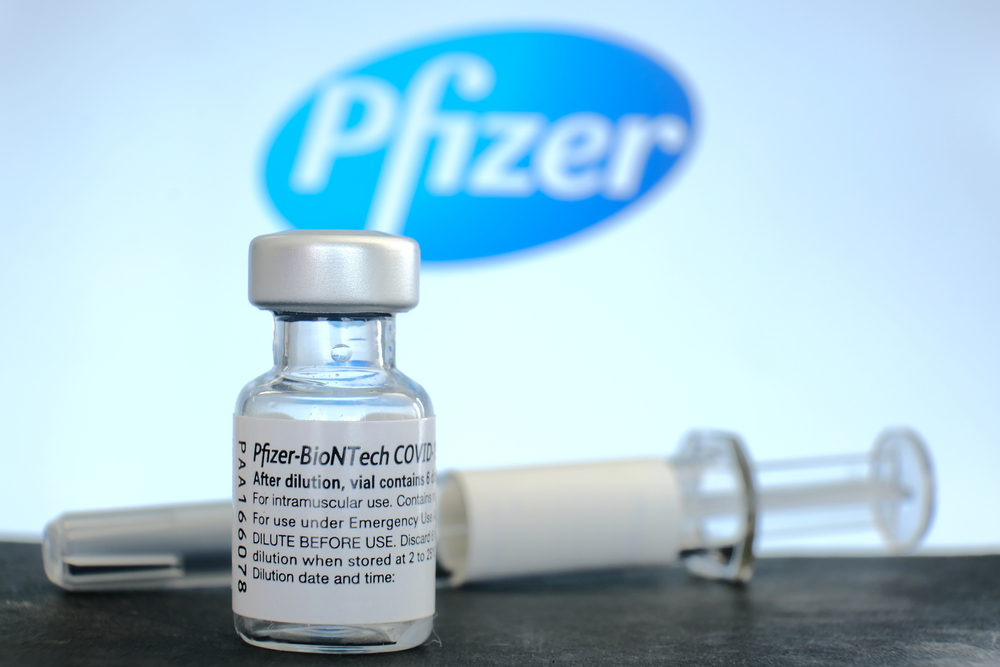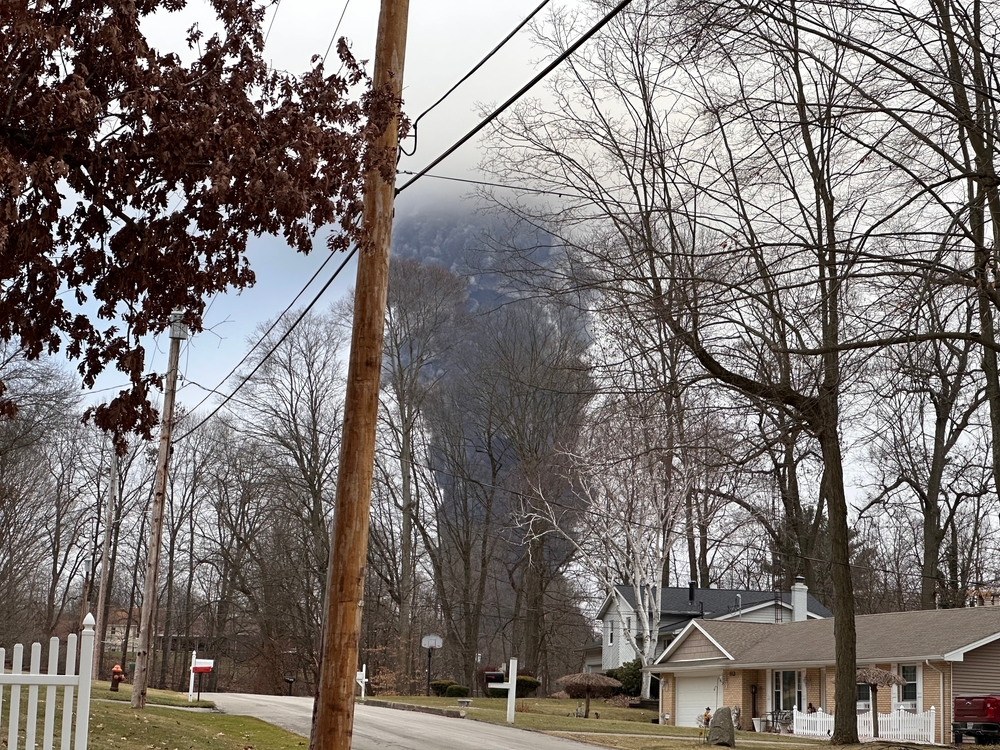On August 23, the U.S. Food and Drug Administration (FDA) granted final approval to Pfizer-BioNTech’s Covid-19 vaccine. Previously the vaccine was available to the public under the FDA’s emergency use authorization. Pfizer-BioNTech is the first Covid-19 vaccine to receive full FDA approval.
In late 2020, Pfizer-BioNTech’s vaccine was approved under the emergency use authorization. Because of the gravity of the public health emergency and ensuring vaccine access to as many Americans as possible, the Pfizer vaccine was granted emergency use. Under an emergency use authorization, the FDA “may allow the use of unapproved medical products, or unapproved uses of approved medical products in an emergency to diagnose, treat, or prevent serious or life-threatening diseases or conditions when certain statutory criteria have been met, including that there are no adequate, approved, and available alternatives.”
Even though Pfizer’s vaccine was granted for emergency use, ongoing testing and clinical trials continued. Safety and effectiveness of the countermeasure are at the heart of an emergency use authorization.
In May 2021, Pfizer and BioNTech applied for full approval, believing that their vaccine and the resulting clinical trials highlighted that the vaccine was safe. During the final approval process, the FDA examined the vaccine’s benefits and the risks associated with receiving the vaccine. The FDA also evaluated the clinical trials. These steps were also included in the emergency use authorization process.
Also, during this process, FDA inspectors visited the vaccine’s manufacturing facilitators for a closer look. As part of this process, the Pfizer vaccine announced that the vaccine will now be called Comirnaty.
Increase in COVID-19 Vaccine Mandates
Businesses and organizations, including hospitals, branches of the government and cities, have begun to issue vaccine mandates. Some were issued before the FDA’s approval, while other mandates followed on the heels of the announcement. Prior to Pfizer’s full approval, in July, President Biden ordered federal workers to sign forms that certify they have been vaccinated or face new rules, which include mandating mask wearing and weekly testing. The federal government employs more than 4 million people.
Full approval of a vaccine by the FDA removes several legal hurdles. It may permit employers to mandate that their employees be vaccinated against COVID. In certain industries like healthcare, childhood vaccinations are already required. Some go as far as requiring an annual flu vaccination. This may also be true to post-secondary education, where colleges have mandated students be vaccinated against certain childhood diseases. With full approval granted by the FDA, 600 colleges will mandate that students and staff be vaccinated against COVID.
As full approval was recently granted, legal experts still seek clarity on whether businesses and organizations can mandate COVID vaccinations. Based on the number of companies who have announced vaccine mandates and cases for and against vaccine mandates before the courts, the legal system is still determining whether full approval by the FDA will permit employers to mandate vaccines.
Related: The Country’s Dilemma: Fake COVID-19 Card Use Is on the Rise
This area becomes murky as those wary of the vaccine and those firmly against COVID vaccines raise their voices. Many believe that with the FDA granted full approval to Pfizer’s vaccine, those who are vaccine hesitant because of the rush to production and emergency use may now schedule and receive the vaccine.
Under 12 Continue to Wait for Vaccine
With no vaccines approved for emergency use or fully approved for this age group, kids under 12 continue to wait. This age group accounts for approximately 50 million Americans. Urging patience, parents should be aware that clinical trials are currently ongoing for Pfizer and Moderna vaccines. Pfizer expects to have adequate data by the end of September for those aged 5 to 11. Similar to the process for those over the age of 12, Pfizer expects to begin with an emergency use authorization for those aged 5 to 11. For those under the age of 5, clinical trial data is expected to be submitted this fall.
The Moderna vaccine can be given to those 18 years of age or older under emergency use authorization. Moderna expects to seek emergency use authorization provided that there is adequate data for vaccinations for children aged 6 to 11.
Based on medical experts, receiving a COVID vaccine is one of the safest measures that you can take to protect yourself and your family. While a vaccine may not prevent absolute infection, an mRNA vaccine like Pfizer can reduce the risk of infection by 91% in those who are fully vaccinated. With the FDA granting full approval to the Pfizer vaccine, more people may decide to use this tool in the battle to stop the spread of COVID-19.










